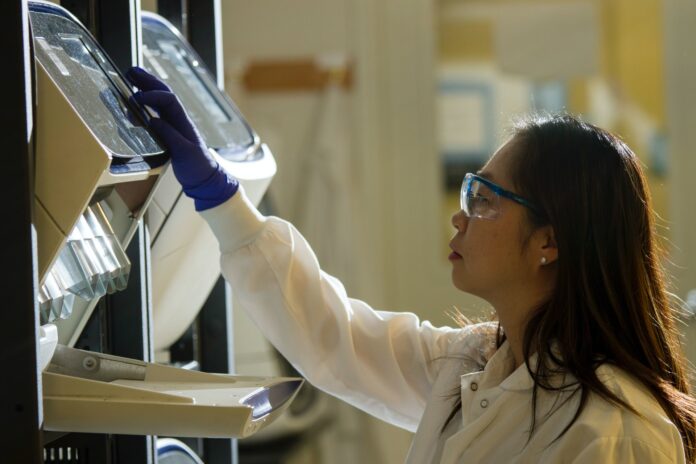
A reliable DNA paternity test can detect a child’s biological relationship with their father with 99.9 percent accuracy. But given that these tests are available through various methods, taking a DNA paternity test through different procedures has its respective implications.
In some cases, you have to make do with additional wait time. In other situations, your results are not admissible in court.
That’s why learning about these different processes is critical if you want to determine the paternity of an alleged father with a certain child. This knowledge is even more crucial if you want to use the results for legal proceedings such as child custody or child support.
Something you may not know is that paternity tests can be done without the need for the collection of the father’s specimen. This is useful information for a family that no longer has the father around or a situation in which the father is no longer living. Companies like Health Street can conduct paternity testing including grandparent DNA tests, avuncular (aunt/uncle) DNA tests, and sibling tests that can achieve the results needed.
To help you learn more about these processes, here is a lowdown on different types of DNA paternity tests and their overall execution.
At-Home Testing Kits for Personal Use
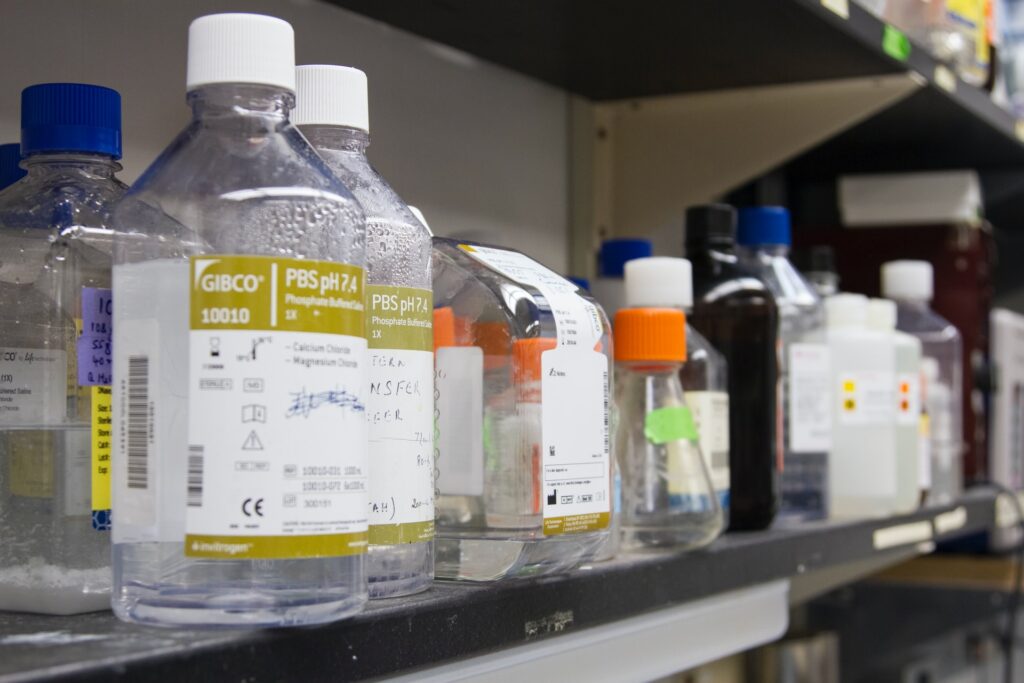
These DNA paternity tests are readily available online as well as in pharmacies. They come from a variety of manufacturers and offer to process your DNA samples using highly accurate processes.
With that being said, these testing kits do not deliver your results right away. In contrast to over-the-counter (OTC) pregnancy tests that provide you with instant results within the comfort of your home, these DNA paternity tests are nothing more than a form of sample collection.
It’s because DNA paternity tests require stringent analysis and processing, which cannot be done through mobile or OTC equipment. That’s why these testing kits are used to collect samples at home that are then sent to a lab or clinical facility to be processed by qualified technicians.
As a result, these at-home testing kits only come with sample collection equipment that typically includes cheek swabs and storage envelopes.
Pros: Convenience, Remote Results, No In-person Visits
Instead of visiting a lab in-person, you can conveniently use separate swabs to get samples from the inside of the cheek of the alleged father and child. This sample is also called a buccal swab.
Once the samples are collected, you can put them in the storage envelope and mail the kit to the designated lab affiliated with the testing kit.
Your samples are then processed in a clinical facility, with the results usually being available within a week. The procedure is completed remotely, where most of these kits also offer online payments for your convenience.
Cons: Long Wait Time, Confusing Pricing Model, No Legal Standing
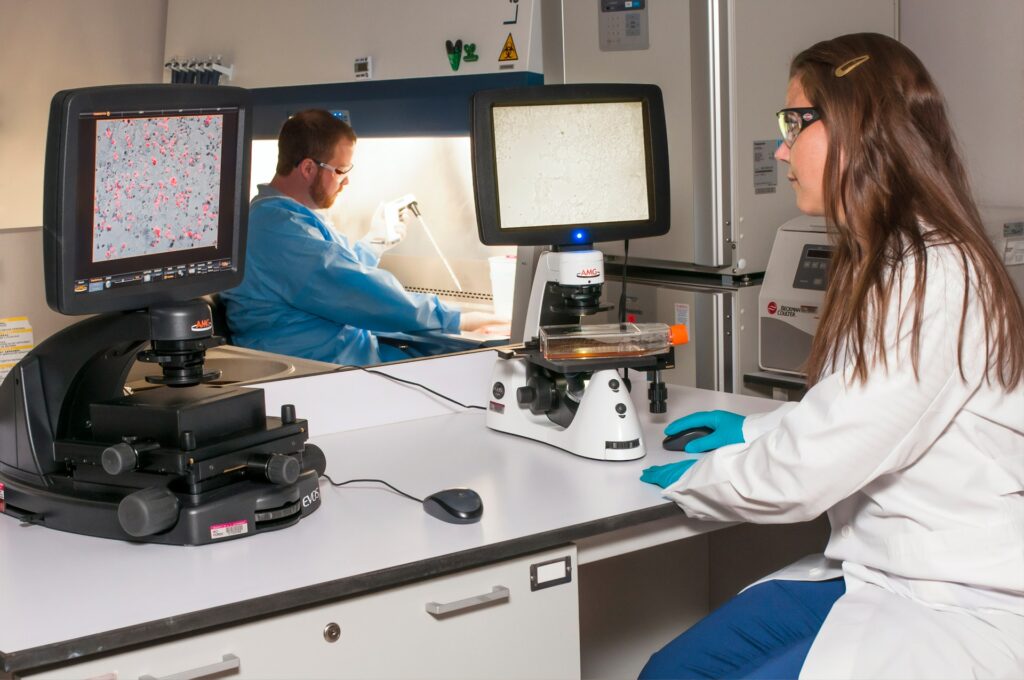
Due to the time, it takes to ship the samples, at-home testing kits provide results at a longer duration than in-person tests.
They also follow a segmented pricing model where you pay for the collection kit and the lab test separately. That’s why these testing kits may show massively low prices compared to a lab or in-person test. But that’s only because they are outlining the cost for the collection kit and not the test itself.
It is also important to note that these tests are only for personal satisfaction and any results obtained through them are not legally admissible in court.
In-person Lab Tests for Personal Reasons
In case you don’t want to go through the process of buying a testing kit, collecting the samples yourself, and mailing them to wait for the results, you have another option: You can simply visit a testing facility to get the process completed.
These in-person DNA paternity tests are available at all reliable labs that offer genetic testing. You can simply walk into these facilities and have the buccal swab sample collection done right on the spot.
With that, it’s prudent to note that even though the sample collection and submission is done right away, your results may still take anywhere from 2-5 days to be available. The specific timeline depends upon the facility, but this is the general ballpark for the results to be available.
Pros: Professional Sample Collection, Reduced Processing Time, Straightforward Procedure
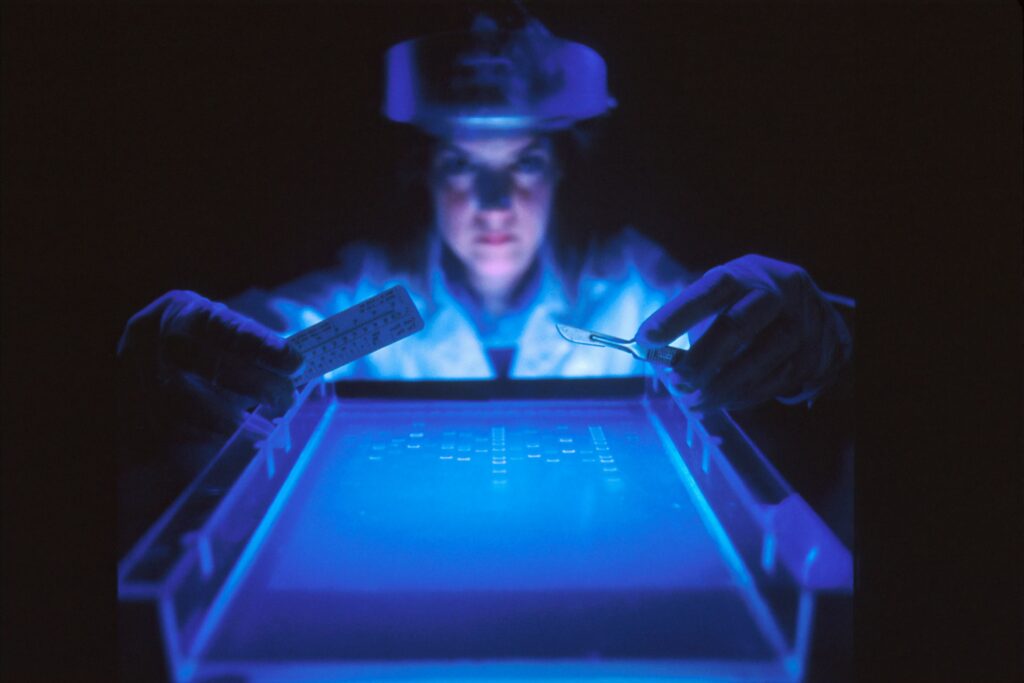
By getting your DNA samples collected by professional technicians, you don’t have to go through the process of performing buccal swabs yourself. This sets you free from having to execute a part of the procedure by yourself.
This also saves you from the additional step of mailing your samples and waiting for them to be received by the lab. As mentioned above, this cuts back the time it takes for your results to be available.
When put together, these benefits make this particular method more straightforward than the at-home testing process.
Cons: Walk-in Visits, Scheduling, No Legal Standing
While the process might come without any hidden costs or procedures, it does require you to find a walk-in testing facility near you. You also have to arrange a visit with the alleged father and the child involved.
It also requires you to take additional time out of your schedule. This adds more pressure if you have a packed calendar but need to get the DNA paternity test at any cost.
However, when performed through a usual walk-in procedure, such an in-lab test doesn’t have legal standing.
In-person Lab Tests for Legal Purposes
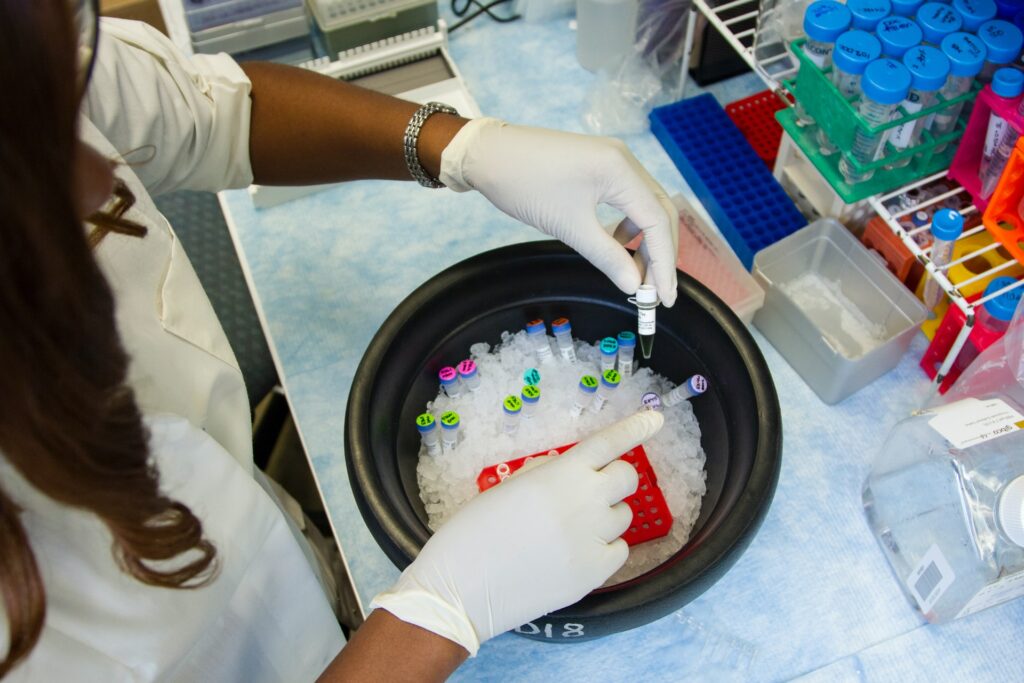
Suppose you are moving forward with the DNA paternity test for cases such as child custody or child support, you need to make special arrangements even for in-lab visits.
In some situations, this type of DNA paternity test can be court-ordered. In other instances, it can be taken on the discretion of the child’s mother, parents, and the alleged father.
In either case, the DNA samples are taken in the presence of an approved witness who checks valid IDs for authentication. Individual facilities can make these arrangements for you at additional charges. This makes this particular test more expensive than a typical in-person paternity test. But the cost is justified by the specialized services and validity offered by this method.
Pros: Legally Admissible, Professional Sample Collection
The most significant and glaring advantage of this method is how its results are admissible in legal proceedings. If you take the DNA paternity test to support your argument for child custody and child support, this is the test for you to take.
Since the test is taken within a lab setting, it comes with professional sample collection. Neither the alleged father nor the child in question has to get their samples collected at home.
The other advantage of reduced timeframe compared to at-home testing kits stays the same as a conventional lab test.
Cons: Strict Appointments, Additional Steps, More Expensive Than Typical Tests
Since this method of DNA paternity test requires specific arrangements to be made, it often asks for you to book typical appointments. If you miss your window, you may have to go through the booking process all over again.
This test also requires additional steps, such as filling out specific paperwork. With that, this is precisely what makes this test admissible in court.
As mentioned above, this particular process is also more expensive than other tests. But if your whole purpose is to use the results as evidence in court, these charges can be considered an obligatory requirement.
How to Find a Reputable Lab Near You?
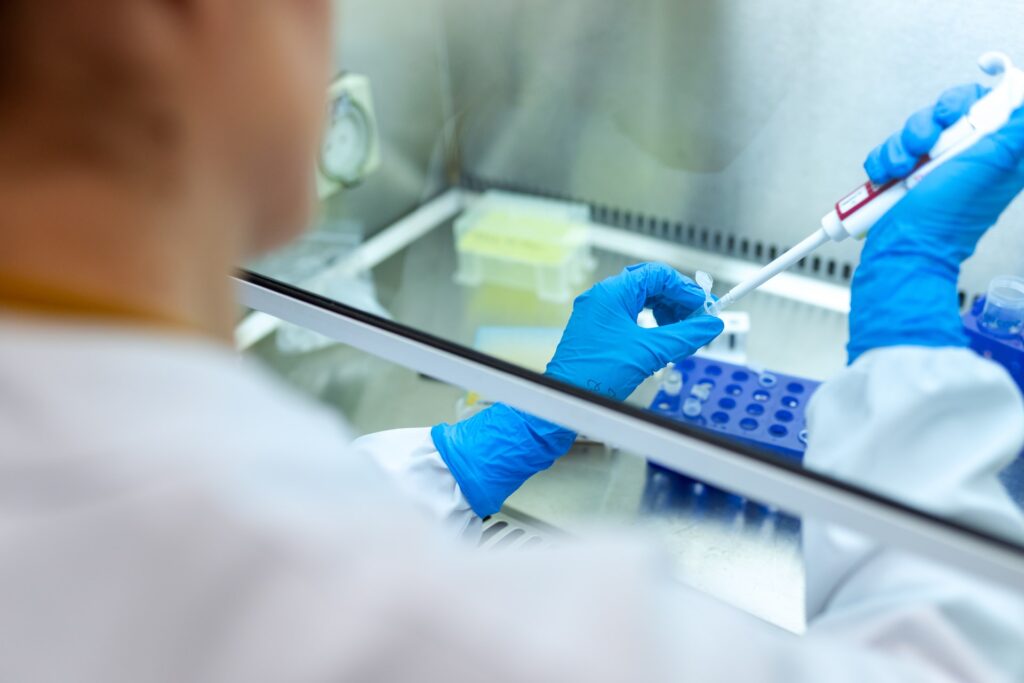
Whether you want your DNA paternity test process to be completed without any hassle or need your results to be admissible in court, you can find a nearby lab to complete the procedure.
A quick web search, a helpful reference from friends or family, or an immediate suggestion by your attorney can all help you reach out to such a facility. You can then look into the lab’s reviews, reputation, and costs before booking an appointment. This ensures that you are getting reliable test results without paying a small fortune for them.











